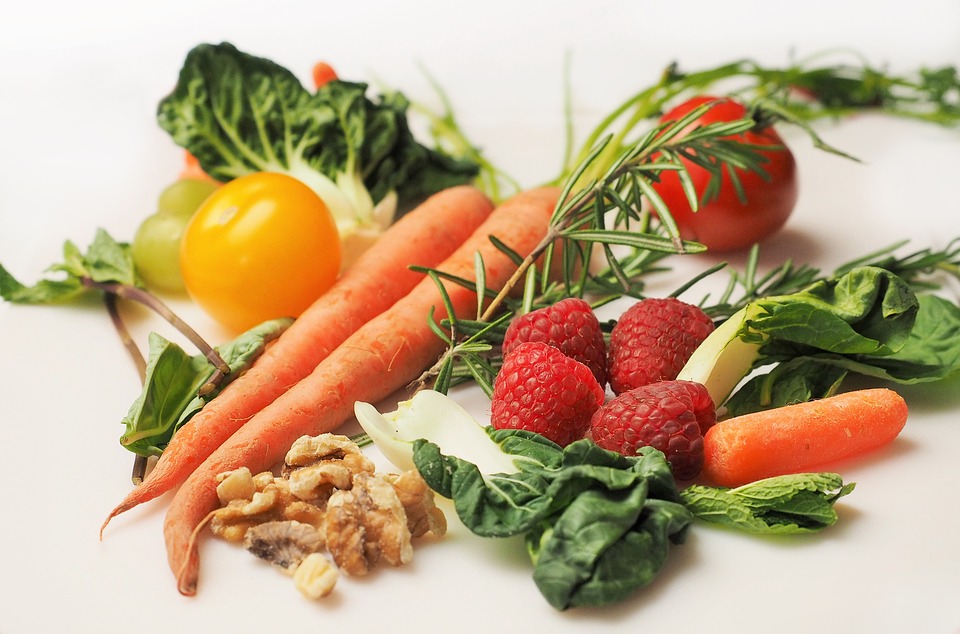Making the right choices at the grocery store for yourself and your family can often be a daunting task. There are so many products available, and they all seem to be designed to “feed” us in the same way.
However, many products in the grocery store often come with various adverse effects, especially those not organic. There are many reasons to switch to organic foods. Here is a list of them.
1) High Nutritional Value
Repeated studies by various organizations have shown that organic foods contain more nutrients than “traditional” foods. The vitamin content is also better in organic foods. For example, they contain more vitamin C, antioxidants, and minerals such as calcium, iron, chromium, and magnesium. In other words, it has a high overall nutritional value.
2) Good For Children
Nutrition is essential for the development of a child’s body and brain. In addition, growing children are susceptible to toxic substances. Since organic farming does not use toxins, providing organic food allows children to receive the proper nutrients (no toxins).
3) Helps the Environment and Animal Species
Our environment and nature are being directly harmed by the substances used to grow our traditional foods. Pollution is a significant risk to plants, animals, and humans alike. Fortunately, current regulations continue to reduce the use of pollutants, but we continue to harm nature. Vulnerable animal species are more susceptible.
4) Less Exposed to Pesticides
People who work in the food industry are at higher risk of health problems. Because they are exposed to pesticides and other unnatural substances, they can be directly damaged. A Harvard University study found that among people exposed to pesticides, the risk of Parkinson’s disease was 70 percent!
5) No Artificial Additives
Pesticides, hormones, and growth promoters in food production have existed for 200 years. The consequences of new production methods are now being found in our environment, in a negative way, unfortunately. However, these non-resource-based foods have nourished humanity in the last century but the most sustainable way to grow produce is to avoid using our latest “artificial” additives. By going back to basics, we can save our planet.

6) Clean Drinking Water
Studies in the U.S. have shown that the main cause of drinking water contamination is the pesticides used to produce traditional foods. Half of all Americans are exposed to drinking water containing pesticides daily. More organic food would mean fewer pesticides and clean drinking water.
7) Organic Meat
Many conventional types of meat have antibiotics, hormones, and other pharmaceuticals added to them. The animals used as food are exposed to these additional substances to improve the product. When we eat regular meat, these substances are introduced into our system. Organic meat does not contain any of these additives. More and more attention is being paid to animal welfare in organic meat production.
8) Product Diversification
By returning food production to smaller producers and less large-scale production, we can maintain various products. Not only on our shelves but especially in nature and in the land where our products grow. It will be less harmful to animals, the environment, and humans.

9) Free of Neurotoxins
Neurotoxins are substances that affect the nervous system by blocking nerve transmissions. The basis for these substances was developed during World War I to damage the nervous systems of enemy soldiers. Many pesticides used to kill diseases and insects in food or protect food during transportation contain neurotoxins. Organic foods do not contain neurotoxins. Residual neurotoxins are often left behind in conventional foods.
If you need help with your organic food transportation or distribution needs, you can rely on the team at PK Logistics. They also provide secured and flexible storage solutions. Do not hesitate to contact them!


